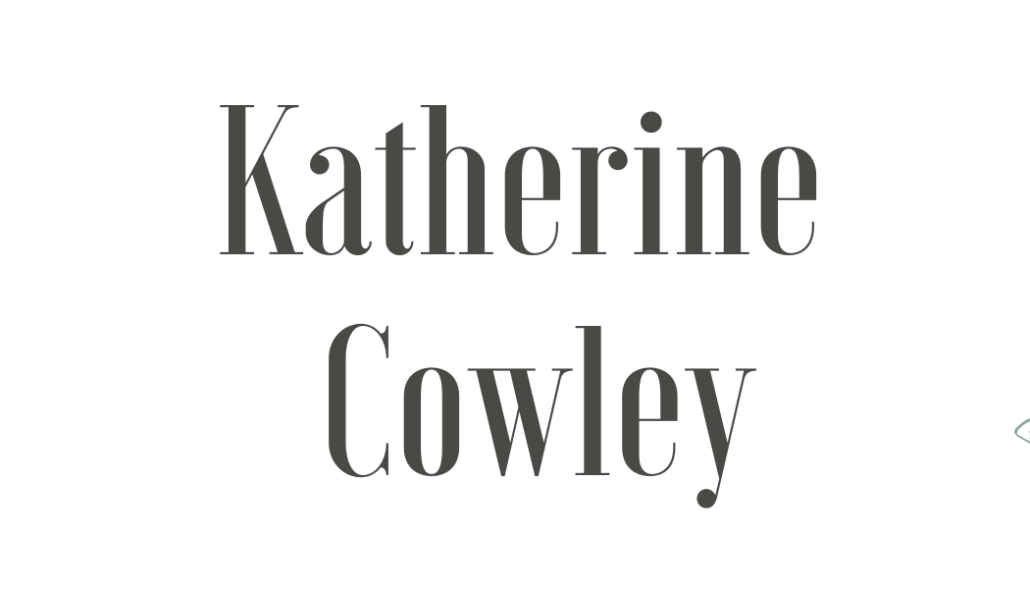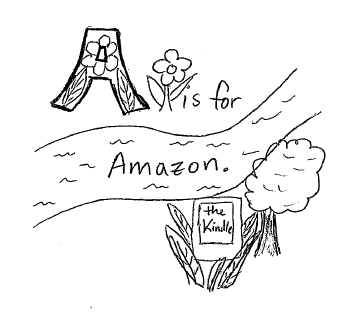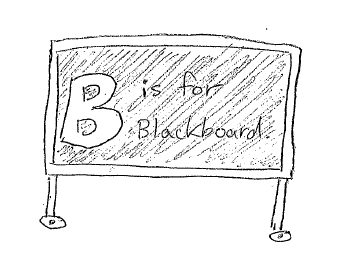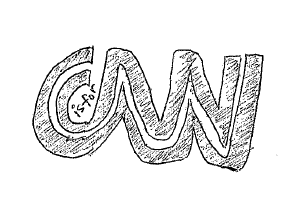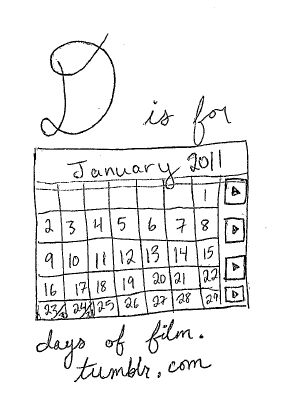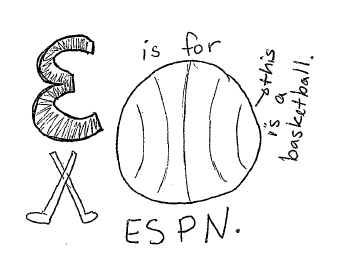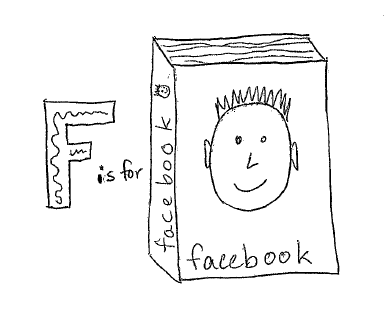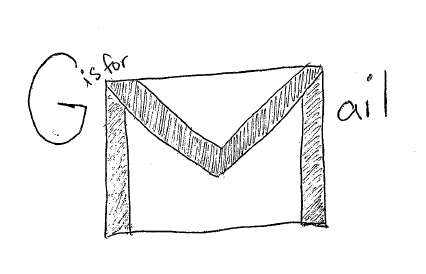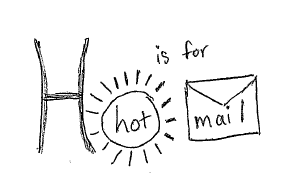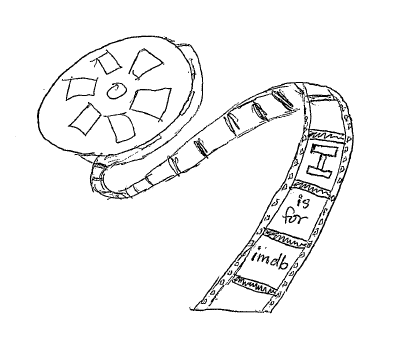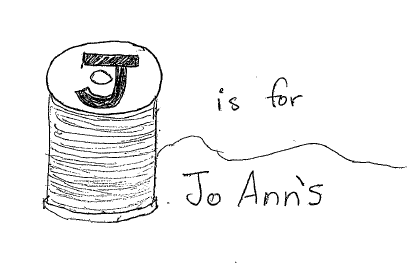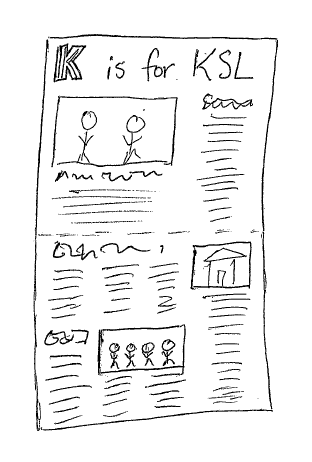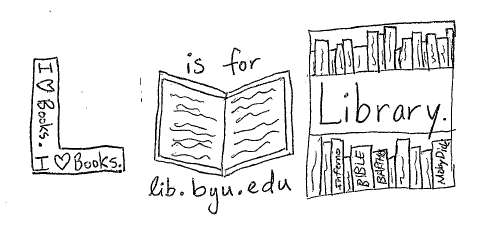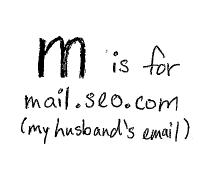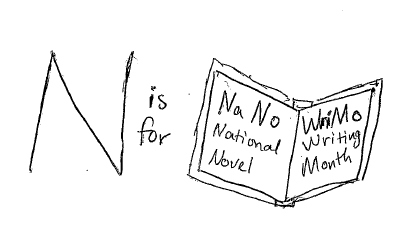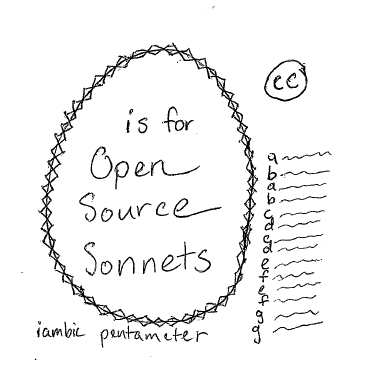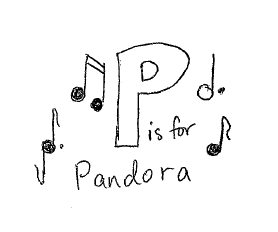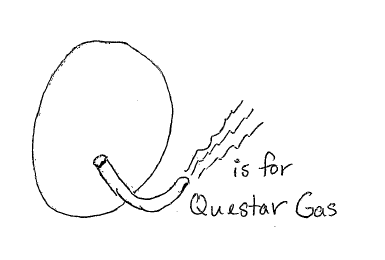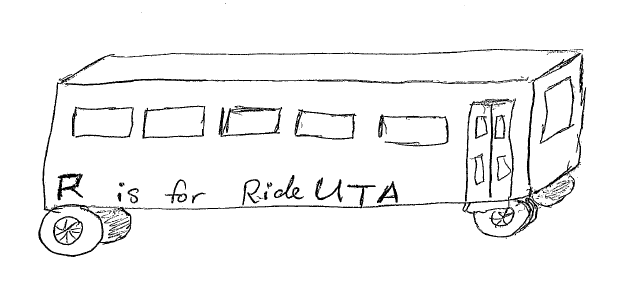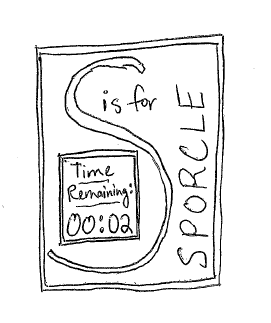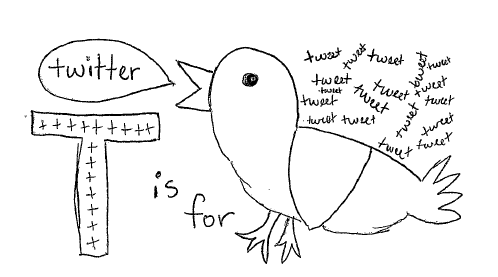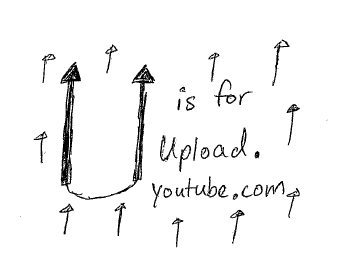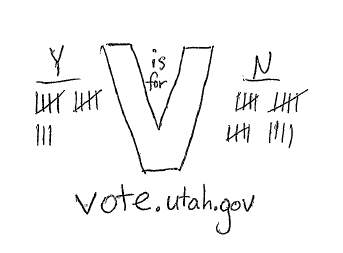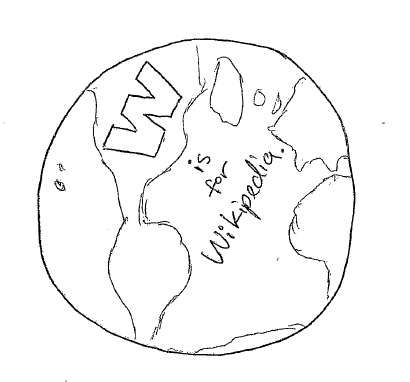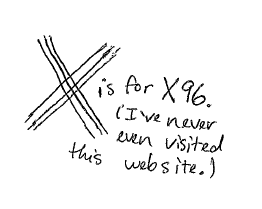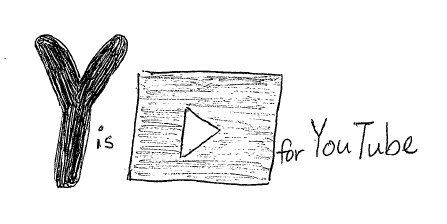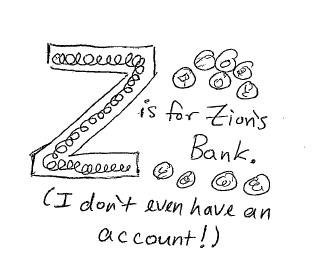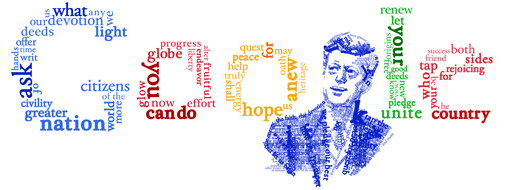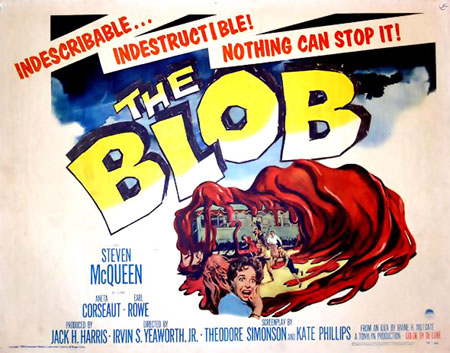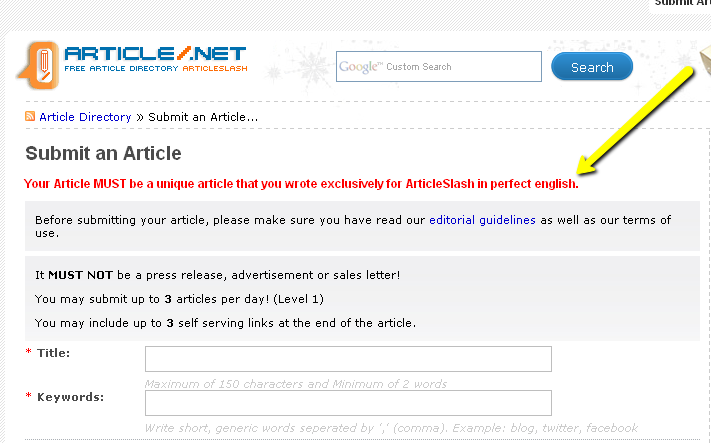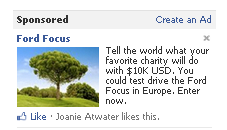My Internet Alphabet Book: The Web Page I Visit Most for Each Letter of the Alphabet
Alphabet books never get old. So I’ve put together one based off of the web pages I visit most frequently for every letter of the alphabet.
This project was made possible in part by Google Chrome’s lovely autocomplete function, which bases its suggestions off of the websites where I most frequently visit. It was also made possible by my high school art teacher, though I can guarantee the drawing skills I demonstrate below would get me a C out of her class.
My Internet Alphabet Book
A is for Amazon, a company I willingly give money, primarily because I love my Kindle.
B is for Blackboard, the classroom management system I used for teaching last semester, despite the fact that I despise its closed system, constant problems and shutdowns, and large, take-over-the-universe feel.
C is for CNN, and for “C-N” (seein’) only US news, without an international perspective. Yet obviously I turn here for news.
D is for Days of Film, the daily video blog I am writing (filming) this year.
E is for ESPN, because we all know I’m a sports buff. (Now I know what my husband does when he borrows my computer.)
F is for Facebook, my social media site of choice.
G is for Gmail, which I have been lucky enough to be using since September 2004, when invitations were still hard to come by. (Being an early Gmail user may be my only technological claim to fame, so I might as well milk it.)
H is for Hotmail, my high school email account that I now spam anytime I need to give a website/organization an email address that I know they will use to send me things I don’t want.
I is for IMDB, the Internet Movie Database. What can I say? I love movies.
J is for JoAnn’s, one of my local craft store sources for yarn, fabric, and hours of DIY fun and self-fulfillment.
K is for KSL, a good source for local news and weather. (Apparently it snowed last night! Perhaps I could have opened the curtains.)
L is for Library, a never-ending source of entertainment, insight, research, and perspective.
M is for my husband’s email (and for conclusive proof that he borrows my computer).
N is for NaNoWriMo, and my successful completion of a 50,000 word novel draft during the 30 day month of November 2010.
O is for Open Source Sonnets, a website that features newly written sonnets by Gideon Burton. These sonnets are “open source” because you are free to remix and repost as you might like–something I did in a sonnet titled “My Grandmother’s Crossing.” Interesting side note: this is one of the only “small,” non-corporate websites in my alphabet book. (This is in-line with recent research, for example, Matthew Hindman’s book The Myth of Digital Democracy, which demonstrates that most web users visit primarily popular, corporate-sponsored websites–the main influencers of politics and culture online.)
P is for Pandora, my primary source of Internet radio.
Q is for Questar Gas and a bill that I pay every month.
R is for Ride UTA, the local public transit website.
S is for Sporcle, an ever-replenishing site filled with addictive trivia quizzes that both me and my husband enjoy.
T is for Twitter, a social media site where everything is short and sweet, including the limited amounts of time I spend here. (My husband owns a Twitter bird stuffed animal. It’s blue and fuzzy. Yes, now you’re jealous.)
U is for Upload.youtube.com. I am not just a consumer of media. Like you, I am an empowered creator.
V is for Vote.utah.gov. I am a firm believer that local politics deserve our attention and participation, and that if we enjoy living in a democracy, we have the responsibility to actively engage in neighborhood and community democratic processes. (And now I will step off my soapbox–after all, it’s someone else’s turn.)
W is for Wikipedia. I love the quote by founder Jimmy Wales: “Imagine a world in which every single person on the planet is given free access to the sum of all human knowledge.”
X is for X96. Apparently it’s a local radio station, but I’ve never listened to it. And apparently Google Chrome comes up with its own ideas if you don’t have sites you’ve visited for certain letters of the alphabet.
Y is for YouTube. Visual typography of terrible user-generated reviews? Clips of old films? Educational movies? Music videos? Scary remixes of Mary Poppins? You want it, you can find it.
Z is for Zion’s Bank. I do visit my credit union”s website frequently, but I admit that I have never kept my money at Zion’s Bank.
And so that’s my Internet Alphabet book. If you use Chrome, do any of the autocomplete websites that come up when you type in a letter surprise you?
(Note: this alphabet book is current as of January 2011… but the websites I visit do change over time. A few of my most visited sites changed in the month it took me to draw pictures for this post.)
